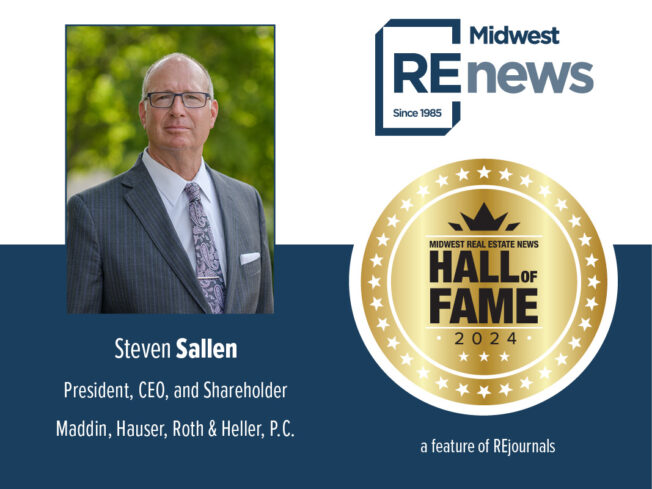A
dam Pretorius, a real estate agent in Iowa, was nearly scammed into selling a $200,000 lot. He believes that fewer safeguards are in place to protect vacant lots, making them an attractive target for scammers.
Pretorius has been practicing real estate since 2009 and focuses on residential sales. However, he had never encountered a scam like this before. Scammers impersonate property owners and solicit agents to fraudulently sell their land. They use a pattern of contacting agents by phone, email, and text, making it seem legitimate.
Land is an easy target for scammers because there are fewer safeguards in place compared to selling homes. Agents don't need access to the property, and utilities aren't transferred during the sale process. Pretorius learned that scammers have been successful with this scam from time to time, and he was not aware of its prevalence until it happened to him.
The lot in question was an infill lot, a rare find in Iowa's real estate market. Infill lots are parcels of land within established neighborhoods that were never built on or were parceled off over time. They often carry a premium price due to their location.
Pretorius was contacted by the scammer, who claimed to be the property owner and had listed the lot before but was unsuccessful in selling it. The scammer provided some verification through public records and an Outlook email address. However, Pretorius missed additional verification steps, which he now realizes were crucial.
Seven hours after signing the paperwork, Pretorius received a call from the actual owner of the property, who claimed that this was the third time scammers had targeted his lot. The owner had notified previous agents about the scam, but they still managed to dupe some agents.
Pretorius's experience has changed his approach to verifying sellers. He now requires at least three forms of verification, including a driver's license or passport when dealing with out-of-town clients. His goal is to share his story and raise awareness among other agents about the risks of vacant land scams.
He believes that collective information sharing will be their strongest weapon in fighting back against these scammers. Pretorius hopes that his experience will serve as a cautionary tale, reminding even experienced agents like himself not to become complacent and to always verify sellers thoroughly.














